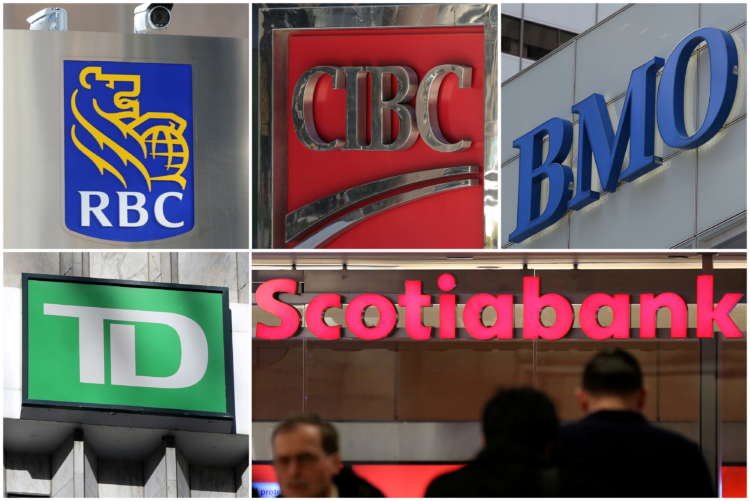Banking
In energy-reliant Canada, banks and investors face dilemma in meeting emissions target
Published by linker 5
Posted on May 3, 2021
1 min readLast updated: January 21, 2026

Published by linker 5
Posted on May 3, 2021
1 min readLast updated: January 21, 2026

Explore more articles in the Banking category











